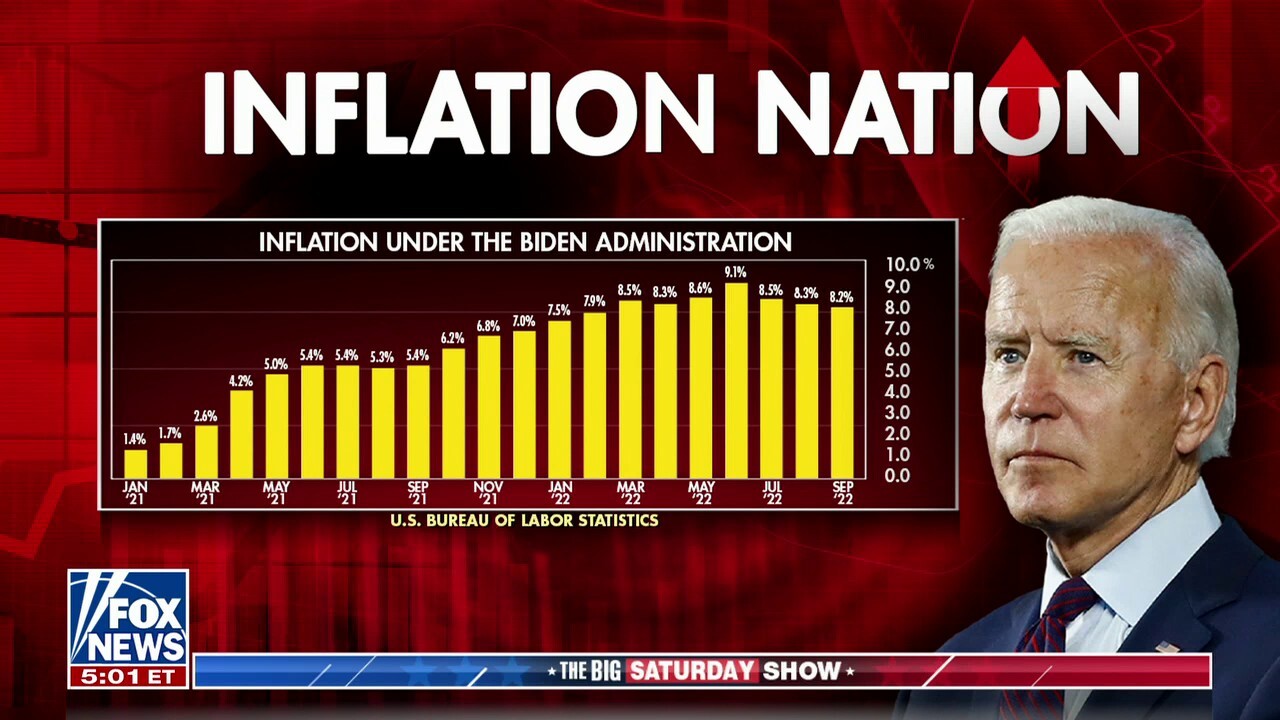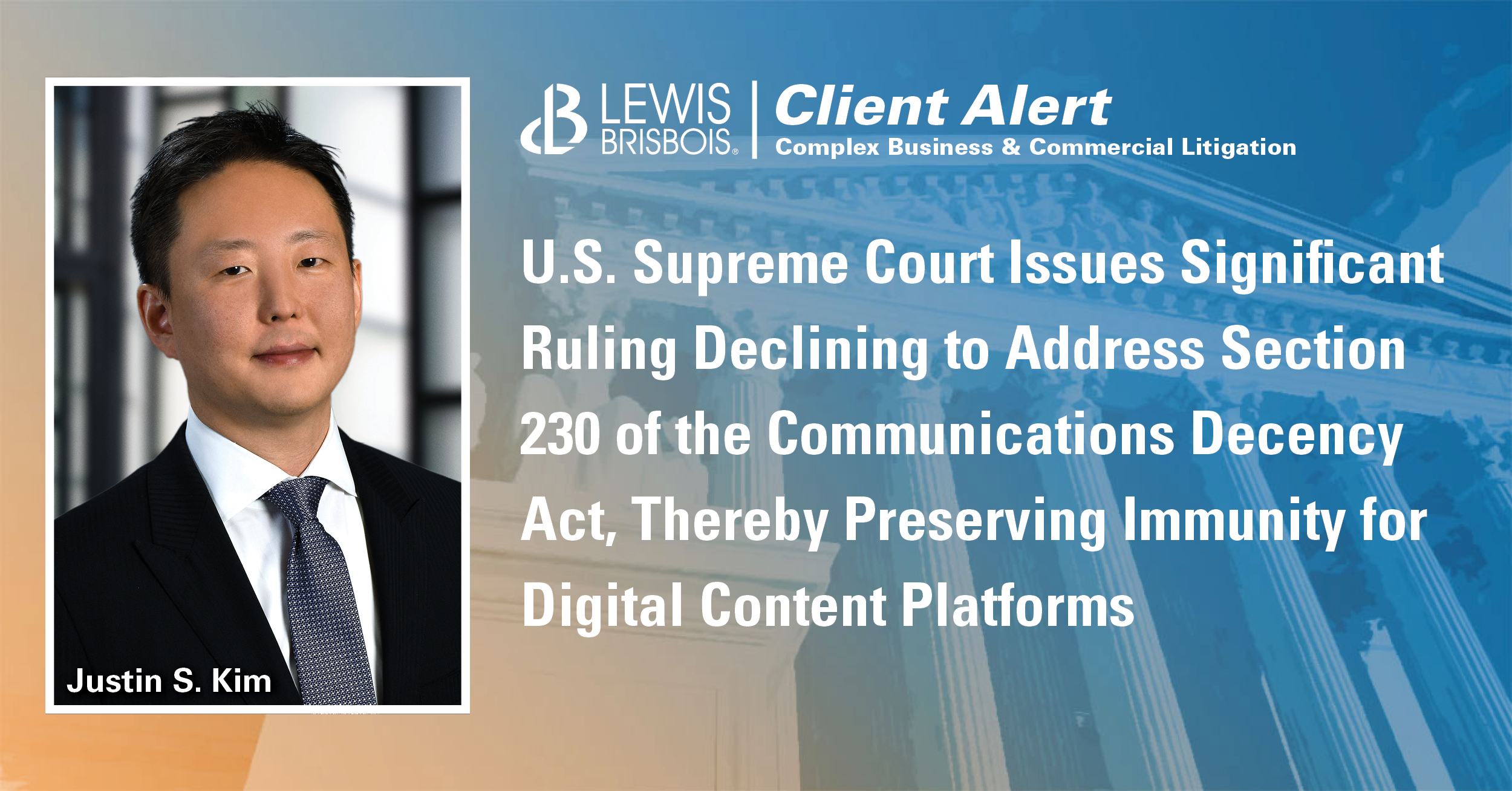The Looming Threat: Will Google Be Broken Up?

Table of Contents
The Case for Breaking Up Google
The call for a Google breakup stems from concerns about its allegedly anti-competitive practices and their impact on consumers and innovation.
Stifling Competition
Google's immense market share allows it to allegedly stifle competition through various means.
- Favoritism in Search Results: Google's search algorithm is accused of prioritizing its own products and services over competitors, making it difficult for smaller companies to gain visibility. This "self-preferencing" arguably creates an unfair advantage.
- Predatory Pricing: Critics argue that Google uses its massive resources to engage in predatory pricing, undercutting competitors and forcing them out of the market. This strategy, they claim, eliminates competition and stifles innovation.
- Acquisitions of Potential Rivals: Google has a history of acquiring promising startups, often before they can pose a serious threat. This strategy, while often presented as fostering innovation within Google, is viewed by some as a way to eliminate potential competitors.
Studies showing reduced competition and innovation in the search engine and online advertising markets further support these claims. The impact on smaller businesses struggling to compete with Google's resources is undeniable.
Data Privacy Concerns
Google collects vast amounts of user data, raising significant privacy concerns.
- Targeted Advertising: Google's targeted advertising relies heavily on tracking user behavior across its various platforms and services. This raises questions about the extent of surveillance and the potential for misuse of personal information.
- Lack of Transparency: Critics argue that Google lacks transparency regarding its data collection practices and the algorithms used to process this information. This lack of clarity makes it difficult for users to understand how their data is used and protected.
Legislation like the GDPR (General Data Protection Regulation) in Europe and the CCPA (California Consumer Privacy Act) in the US aim to address some of these concerns, but more robust regulation may be necessary to address the scale of Google's data collection.
Stifling Innovation
Google's dominance may discourage innovation by smaller companies that lack the resources to compete effectively.
- Limited Investment in Emerging Technologies: Smaller companies may hesitate to invest in research and development of new technologies if they believe they cannot compete with Google's established market position and resources.
- Reduced Market Entry: The high barrier to entry created by Google's dominance makes it difficult for new companies to establish themselves in various sectors, reducing the overall dynamism and innovation within the market.
A more diverse and competitive tech landscape would likely lead to greater innovation and a wider range of choices for consumers.
The Case Against Breaking Up Google
While concerns exist, arguments against breaking up Google highlight its positive contributions and the complexities involved.
Benefits of Google's Scale
Google's size and resources have led to significant advancements.
- Advancements in AI: Google has made significant contributions to the field of artificial intelligence, impacting areas like search, healthcare, and autonomous vehicles.
- Free Services: Google provides free services like Google Search, Gmail, and Google Maps, which benefit billions of users globally.
- Contributions to Open-Source Projects: Google actively contributes to various open-source projects, fostering collaboration and advancing technological development.
The Complexity of a Breakup
Disassembling such a large and complex entity presents formidable challenges.
- Service Disruptions: A breakup could lead to significant disruptions in services, potentially affecting billions of users worldwide.
- Loss of Efficiency: Breaking up Google might lead to inefficiencies and duplicated efforts, potentially hindering innovation.
- Regulatory Challenges: Regulating the resulting smaller entities would present new challenges, potentially making enforcement more difficult.
Alternative Regulatory Approaches
Instead of a complete breakup, alternative regulatory approaches could be more effective.
- Stronger Antitrust Laws: Enhancing antitrust laws and their enforcement could curb anti-competitive practices without requiring a full breakup.
- Enhanced Data Privacy Protections: Implementing stronger data privacy regulations could mitigate concerns about Google's data collection practices.
- Behavioral Remedies: Requiring Google to change its behavior through specific remedies could address concerns without the drastic step of a breakup.
The Potential Outcomes of a Google Breakup
A Google breakup would have far-reaching consequences.
Impact on Consumers
A breakup could lead to increased competition, potentially resulting in lower prices and more choices for consumers. However, it could also cause service disruptions and other inconveniences.
Impact on the Tech Industry
The breakup would reshape the tech industry, potentially increasing competition but also causing uncertainty and disruption. Innovation could be stimulated, or it could be slowed down by increased regulatory burdens.
Geopolitical Implications
Given Google's global reach, a breakup would have significant geopolitical implications, affecting international competition and data regulations.
The Future of Google and the Debate Over a Breakup
The debate surrounding a "Google breakup" is complex, with valid arguments on both sides. While concerns about monopolies and data privacy are legitimate, the practical challenges and potential negative consequences of a breakup must also be considered. The ongoing discussion highlights the need for thoughtful regulation of powerful tech companies to balance innovation with consumer protection and competition. Stay informed about the latest developments concerning Google and antitrust actions, and engage in thoughtful discussions about how to ensure a fair and innovative digital landscape. Follow reputable news sources and government websites for updates on the ongoing debate and potential regulatory changes impacting the future of tech giants.

Featured Posts
-
 Pope Francis Death A Global Loss And A Time Of Reflection
Apr 22, 2025
Pope Francis Death A Global Loss And A Time Of Reflection
Apr 22, 2025 -
 The Pan Nordic Military Evaluating The Roles Of Sweden And Finland
Apr 22, 2025
The Pan Nordic Military Evaluating The Roles Of Sweden And Finland
Apr 22, 2025 -
 1 Billion Cut Growing Tensions Between Trump Administration And Harvard
Apr 22, 2025
1 Billion Cut Growing Tensions Between Trump Administration And Harvard
Apr 22, 2025 -
 A Geographic Overview Of The Countrys Newest Business Hotspots
Apr 22, 2025
A Geographic Overview Of The Countrys Newest Business Hotspots
Apr 22, 2025 -
 Pope Francis A Legacy Of Compassion
Apr 22, 2025
Pope Francis A Legacy Of Compassion
Apr 22, 2025
Latest Posts
-
 Warren Buffetts Canadian Successor A Billionaire Without Many Berkshire Hathaway Shares
May 10, 2025
Warren Buffetts Canadian Successor A Billionaire Without Many Berkshire Hathaway Shares
May 10, 2025 -
 Fed Holds Interest Rates Balancing Inflation And Job Market Risks
May 10, 2025
Fed Holds Interest Rates Balancing Inflation And Job Market Risks
May 10, 2025 -
 Legal Implications Of Selling Banned Chemicals On E Bay Section 230 Scrutinized
May 10, 2025
Legal Implications Of Selling Banned Chemicals On E Bay Section 230 Scrutinized
May 10, 2025 -
 Resistance To Ev Mandates Car Dealerships Push Back
May 10, 2025
Resistance To Ev Mandates Car Dealerships Push Back
May 10, 2025 -
 Car Dealers Renew Fight Against Ev Mandates
May 10, 2025
Car Dealers Renew Fight Against Ev Mandates
May 10, 2025
